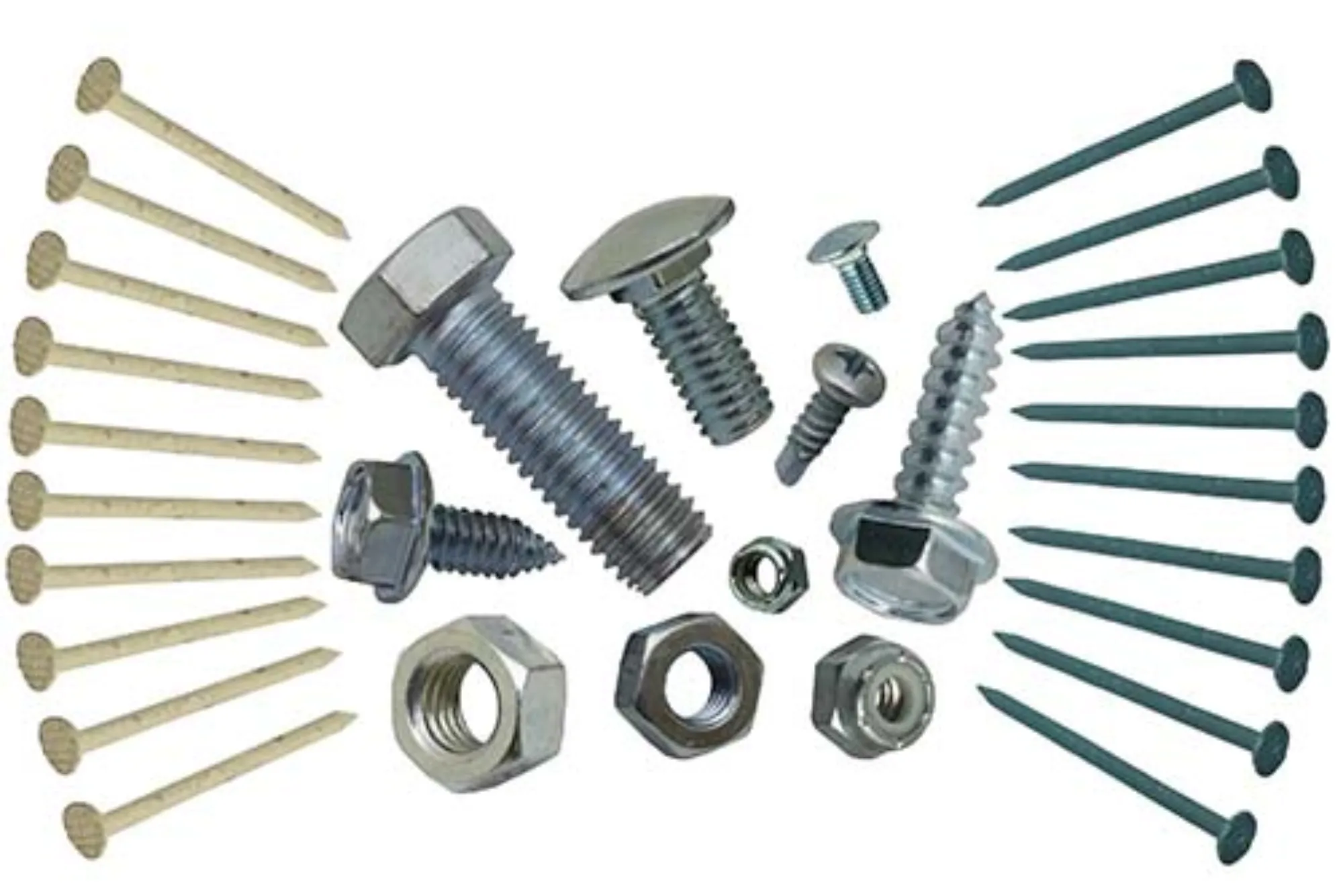Garage doors are an essential part of any home, providing both security and convenience. Despite their importance, the small components that keep them functioning smoothly are often overlooked. One such critical component is the garage door screw. These screws play a vital role in the assembly, stability, and overall functionality of your garage door. In this comprehensive guide, we will delve into the various types of garage door screws, their specific applications, and essential tips for proper installation.
Understanding Garage Door Screws
Garage door screws are specially designed fasteners that hold together the different parts of a garage door system. They come in various shapes, sizes, and materials, each suited for specific applications. Choosing the right screw for each part of the garage door system is crucial for ensuring durability, safety, and optimal performance.
Types of Garage Door Screws
Lag screws are one of the most common types of fasteners used in garage door installations. These screws are known for their strength and ability to hold heavy loads. Typically, lag screws feature a hexagonal head and require a wrench or socket set for installation. They are primarily used to secure the garage door track to the wooden framing of the garage.
Self-Tapping Screws
Self-tapping screws are designed to create their own threads as they are driven into the material. This feature eliminates the need for pre-drilling holes, making them ideal for use with metal components. Self-tapping screws come in various head styles, including flat, pan, and hex heads.
Carriage Bolts
Carriage bolts are distinguished by their rounded heads and square necks, which prevent them from turning once they are installed. These bolts are typically used in conjunction with nuts and washers to provide a secure and stable connection.
Hex Head Screws
Hex head screws are versatile fasteners that can be used in a wide range of applications. They feature a hexagonal head, which allows for easy installation with a standard wrench or socket set. Hex head screws are known for their strength and durability.
Choosing the Right Garage Door Screws
Selecting the appropriate screws for your garage door is essential for ensuring a secure and long-lasting installation. Here are some factors to consider when choosing garage door screws:
Material
Garage door screws are available in various materials, including steel, stainless steel, and zinc-plated steel. The choice of material depends on the specific application and the environment in which the screws will be used. For example, stainless steel screws are ideal for outdoor use due to their resistance to rust and corrosion.
Size and Length
The size and length of the screws should match the requirements of the specific application. Using screws that are too short or too thin can compromise the stability of the garage door system. On the other hand, using screws that are too long or too thick can cause damage to the door or other components.
Head Type
The head type of the screw determines the tool required for installation and the overall appearance of the finished job. Common head types include hex, flat, pan, and round heads. Choose the head type that best suits your needs and preferences.

Installation Tips for Garage Door Screws
Proper installation of garage door screws is crucial for ensuring the security and functionality of the garage door system. Here are some expert tips for installing garage door screws:
Pre-Drill Holes When Necessary
For materials like wood and metal, pre-drilling holes can make installation easier and prevent splitting or cracking. This is especially important for larger screws, such as lag screws and carriage bolts. Pre-drilling also ensures that the screws go in straight and achieve a secure hold.
Use the Right Tools
Using the correct tools for the job is essential for a successful installation. Make sure you have the appropriate wrenches, socket sets, screwdrivers, and drill bits for the screws you are using. Using the wrong tools can damage the screws and make installation difficult.
Tighten Screws Appropriately
Over-tightening screws can strip the threads and reduce their holding power. On the other hand, under-tightening can result in a loose and unstable connection. Use a torque wrench to ensure that screws are tightened to the manufacturer’s specifications. This ensures a secure hold without damaging the screw or the material.
Inspect Screws Regularly
Regular inspection and maintenance of garage door screws are essential for ensuring the continued functionality and safety of the garage door system. Check for loose or damaged screws and replace them as needed. This helps prevent potential issues and extends the lifespan of your garage door.
Garage door screws may seem like small and insignificant components, but they play a crucial role in the overall function and safety of your garage door. By understanding the different types of screws, their specific applications, and proper installation techniques, you can ensure your garage door remains secure and operational for years to come. Investing in high-quality screws and following the tips outlined in this guide will help you maintain and repair your garage door effectively, providing peace of mind and enhancing the value of your home.

